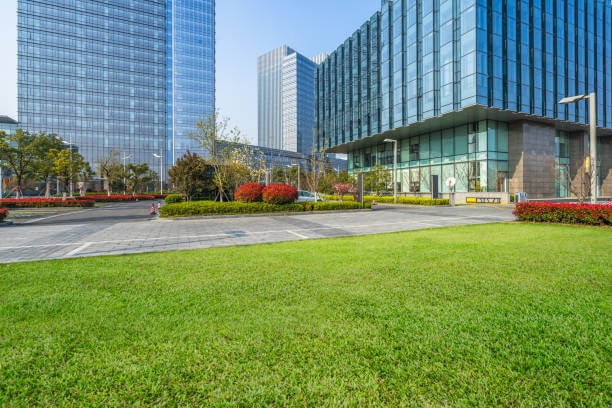Investing in commercial properties, whether you plan to do it in Fort Lauderdale or Phoenix, is quite a bit different than investing in residential properties. Commercial properties include retail buildings, warehouses, office buildings, apartment buildings, industrial buildings or mixed-use buildings, which refers to properties that have a mix, such as apartments, office and retail.
Consider the Risk Based on Property Type

Unlike residential properties, assessing risk for commercial properties can vary significantly dependently on the property type. While two residential properties that are next to each other usually have similar risk, adjacent commercial properties may fluctuate independently. That means that it’s critical to understand the risks that are inherent to the investment you’re considering. Risk, as CrowdStreet notes, is a natural part of any investment, with commercial real estate no exception.
Economic downtown can affect the residential property market just as much as commercial, but commercial properties tend to take the biggest hit when it occurs. The first industry usually affected is the retail sector, followed by restaurants and then transport, distribution and manufacturing companies.
Avoid Businesses or Business Models That are Failing
If you plan to have tenants like supermarkets, restaurants, bars or business models that are migrating online such as banks, it’s important to assume they’ll default on their lease at some point. That makes preparing your insurance correctly to ensure you’ll be covered when it happens is a must. Do your due diligence by searching for failing businesses and try not t deal with them to reduce your risk.
Location is Everything
One thing that is similar to residential real estate is that location is everything. Investing in commercial properties provide returns through both rent and capital appreciation which are heavily dependent on location. Search for properties where vacancy is less than 5%, which indicates tenants are less likely to vacate, leading toward higher rents and capital appreciation. When vacancy rates are high, tenants have more options and a better ability to renegotiate the rent.
Be Aware of Time Frames for City Approvals
Depending on the jurisdiction, it can take a month or as long as several years to get a building permit. Before you buy, be sure to set up a meeting with city authorities to determine all required approvals, from zoning and planning to site plans.
Be Prepared to Make a Significant Time Commitment and Financial Investment

Even if you own a commercial retail building with just a few tenants, you’ll have more to manage than you would with a residential property investment. You can’t be an absentee landlord and maximize the return on your investment. You’ll probably have to deal with multiple leases, more maintenance issues and public safety concerns as well as annual Common Area Maintenance (CAM) costs that tenants are responsible for. Investing in commercial real estate isn’t a passive investment – the most successful investors tend to have very active roles and they also keep constant tabs on economic trends and development in the local market and broader economic trends.
Typically, acquiring commercial property requires more capital upfront than residential, so it can be more difficult to get your foot in the door. And, once you’ve acquired it, it tends to come with large capital expenditures like roof repairs. The goal is that the gains in revenue will outweigh the gains in costs, supporting the purchase of a commercial property over a residential one.







